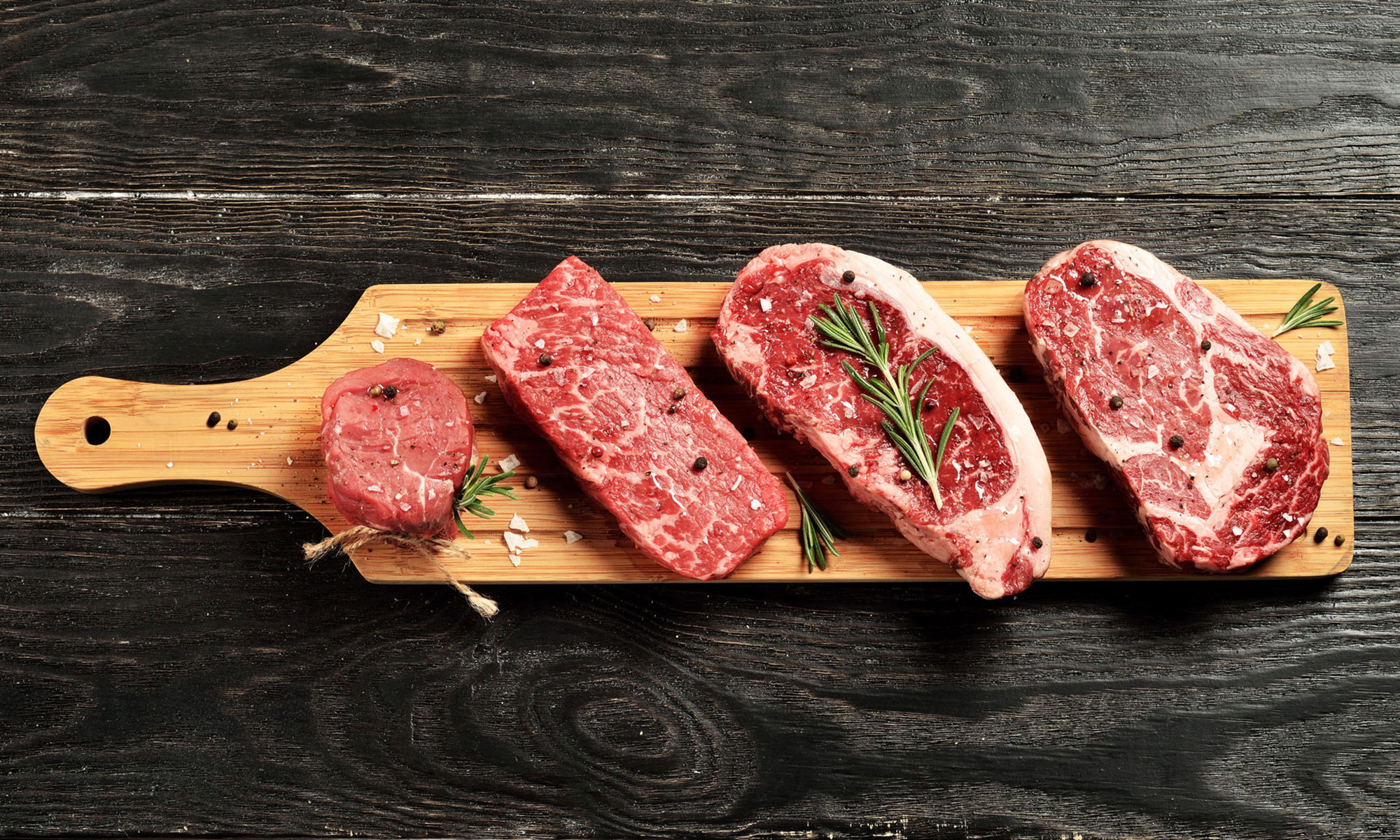The conversation about what is and isn’t a healthy diet is constantly evolving. Sometimes, it’s even conflicting. But one thing’s for sure: what was once only about calories and cholesterol has expanded to include environmental considerations like sustainability and eco-friendly practices.
Today, healthy isn’t just about what you eat, but also where your food comes from and how sustainable the practices used to make it are.
The nutritional benefits of organic farming and ranching, coupled with its role in creating a balanced and sustainable diet, make organic beef an excellent consideration for a healthy, sustainable diet.
Organic Beef’s Role in a Healthy Diet
Is organic beef part of a healthy diet? New research says yes. Organic beef provides high-quality, lean protein with fewer calories than alternative sources, such as beans, soy and quinoa.
The omega-3 fatty acids in organic and pasture-fed beef are healthier, with a more nutritionally sound profile for humans. According to the USDA, a single (4 oz) serving of organic beef provides 50% of your daily protein needs. Also, organic beef is an excellent source of other nutrients, including magnesium, potassium, zinc, iron, vitamins B6 and B12, niacin and phosphorus.
People in many developed countries face the paradox of being overweight and undernourished. A big reason is excessive calorie consumption without a balanced intake of essential nutrients. Organic beef, including cuts like steak, roasts and ground beef, can help address this problem by providing the proper nutrients without excessive calories.
Cattle Upcycling Power
Cattle play an essential role in sustainable food systems through a process known as upcycling. Upcycling is when cattle, because of their unique digestive systems, convert foods humans can’t digest into high-quality protein and essential micronutrients. Humans can’t digest around 90% of what cattle eat. For example, people can’t eat grass, forages, cottonseed, pea pulp, beet tops, potato peelings and other byproducts — but cattle can. Through their ruminant digestive systems, they transform these materials into high-quality proteins and other essentials for human consumption.
This cycle fosters sustainability. By consuming all these byproducts from other industries, cattle directly contribute to sustainability efforts by reducing waste that might have otherwise ended up in a landfill.
As natural upcyclers, cattle graze on grasslands, transforming resources like pastureland and solar energy into beef and other everyday products. This process significantly contributes to a sustainable food system. Moreover, cattle can graze on land unsuitable for farming because it’s too wet, rocky, steep or arid. Their unique four-compartment stomach and trillions of microbes enable them to digest and gain nutritional value from sources that other animals cannot and help convert unused resources into protein people can eat.
Upcycling adds value to products that would otherwise be wasted, reduces landfill waste, and can improve rangeland and wildlife habitats. Cattle upcycling plays a crucial role in meeting the demands of a growing global population by making more food with less.
Better for People, Better for the Planet
Organic beef is an integral part of a healthy diet and a contributing factor to the greater sustainability efforts that affect all of us. There are three critical elements to this:
Reducing food waste
Nearly 40% of all the food in America is wasted each year. That’s a shocking number. And as the world population expands, it will become even more alarming. Reducing waste, particularly of nutrient-rich foods like beef, will significantly impact the sustainability of our global food systems.
Maintaining a balanced diet
Sustainable food should be healthy. Receiving the nutrients you need from a balanced diet that includes lean proteins like organic beef is fundamental. Pasture-raised cattle produce organic beef rich in various minerals and vitamins necessary for a healthy, balanced diet.
Improving global agriculture productivity
When it comes to long-term food sustainability, it’s essential to think on a global scale.
As the world’s population grows, we need to adapt and optimize our agricultural practices with upcycling processes to meet higher food demands. The role of cattle in upcycling is to provide valuable nutrients for human consumption, reduce waste, improve land use and contribute to the overall efficiency of food production.
Discover Ribbonwire Ranch: A Sustainable, Family-Owned Organic Beef Ranch in Texas
Ribbonwire Ranch is a family-owned and operated ranch located on the northern part of the legendary XIT Ranch in the Texas Panhandle. Our farming operation uses organic feed for our cattle, and we aim to promote animal health and land conservation while delivering impressive beef. Check out our selection of high-quality organic beef today.

